Dumpsters and garbage cans are overwhelmed by illegal dumping. That’s just the start of record levels of abuse of public lands
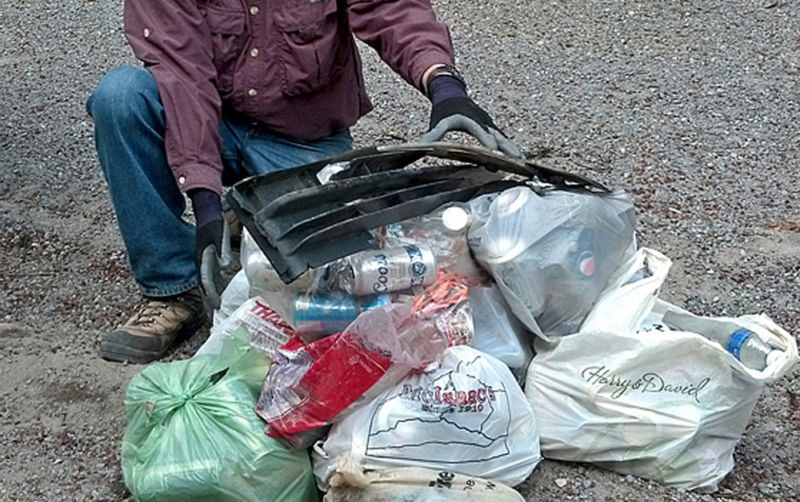
Trail trash: Record numbers of adults are behaving like three year olds. The rest are left holding the bags. Photo by Jurgen Hess
Seriously, what is wrong with people?
Does restricted social movement due to COVID-19 really make a portion of the population feel they’re entitled to use our public lands as a giant garbage can?
You already know the answer.
But the U.S. Forest Service (USFS) and Washington Department of Fish and Wildlife (WDFW) are dishing out the dismal details.
“Excessive trash and littering challenges have approached a crisis level of concern at recreation sites throughout the Columbia River Gorge,” said the USFS in a press release last week. “During a time when resources and staffing capacities are stretched thin, keeping up with maintenance, cleaning and trash removal has proved problematic during record high visitations in 2020.”
WDFW followed up with its own cry for help in the face of a recreating public that acts with less discretion than zoo animals.
“Increased use (of public lands) has caused a pileup of trash, human waste and unauthorized activity at a number of locations around the state,” according to a WDFW Facebook post. “As one Eastern Washington access manager noted, in past years they could fill up four bags of litter in one week, but ‘this year I’m lucky if I don’t fill up four bags in a day.’”
Dumping garbage in campground toilets? Apparently that’s a thing now.
[perfectpullquote align=”full” bordertop=”false” cite=”” link=”” color=”” class=”” size=””]One challenge is people are leaving behind masks, which you might not want to pick up.[/perfectpullquote]
The adults who need to be trained to act like half-civilized 10-year-olds are almost certainly not reading this story. So it falls to the rest of us to pick up the slack by picking up the trash when we see it.
I started by hauling candy wrappers, chunks of plastic and a pile of discarded pistachio shells off the top of Sleeping Beauty peak in the Gifford Pinchot National Forest this week.
But even this kind of old-fashioned civic decency is being made tougher by sign-of-the-times refuse.
“One challenge is people are leaving behind masks, which you might not want to pick up,” says Friends of the Columbia Gorge communications director Burt Edwards.
Rather than asking its members to wrangle potential biohazards—to say nothing of those plastic bags of dog piles owners bag up then inexplicably just leave on the ground—the organization is reiterating its message to observe pack-it-in-pack-it-out protocol.
Through a partnership with Ready, Set, GOrge!, numerous agencies are collaborating on a public outreach campaign called “Let’s Talk Trash” to highlight current garbage-related struggles and ways to help.
Preaching to the choir? Probably. But someone’s gotta do something.
Chuck Thompson is the editor of Columbia Insight.



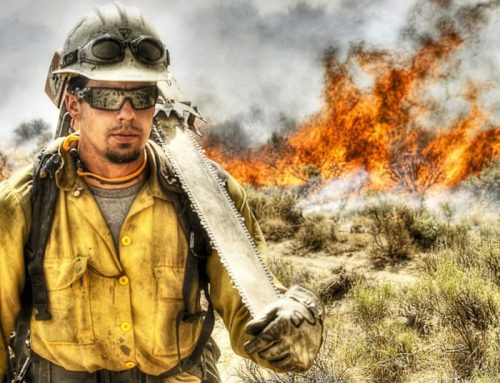
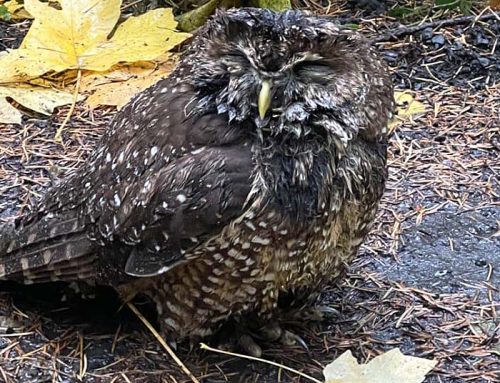
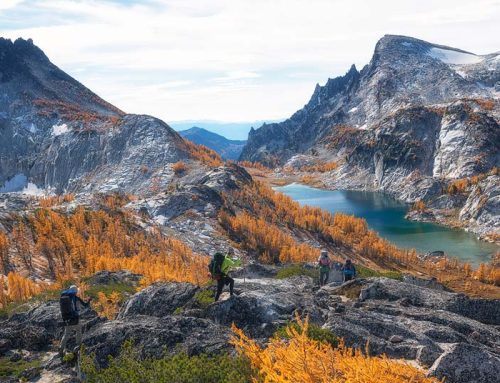
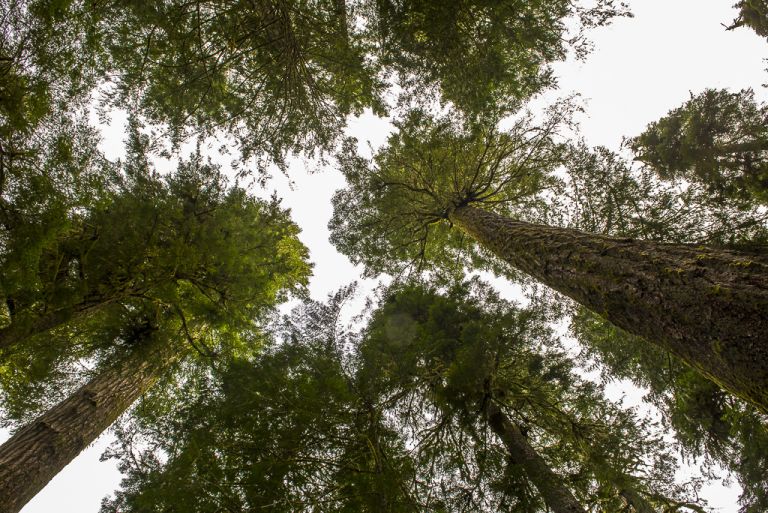
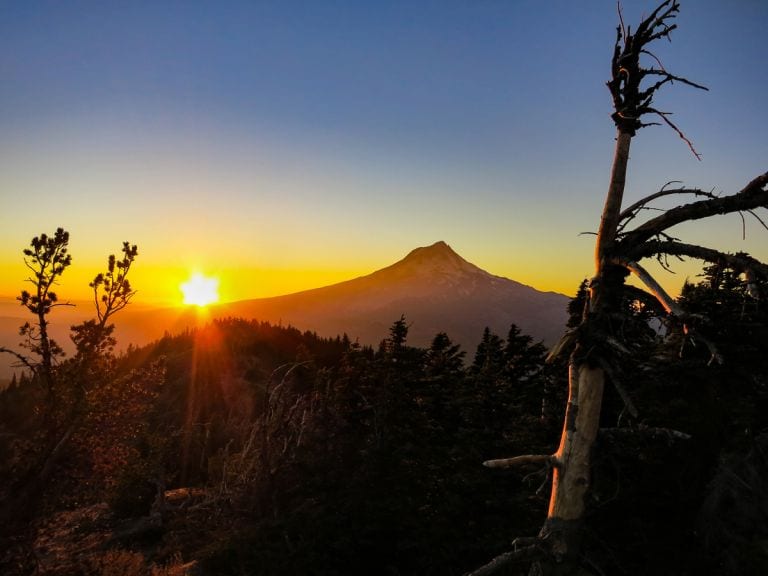
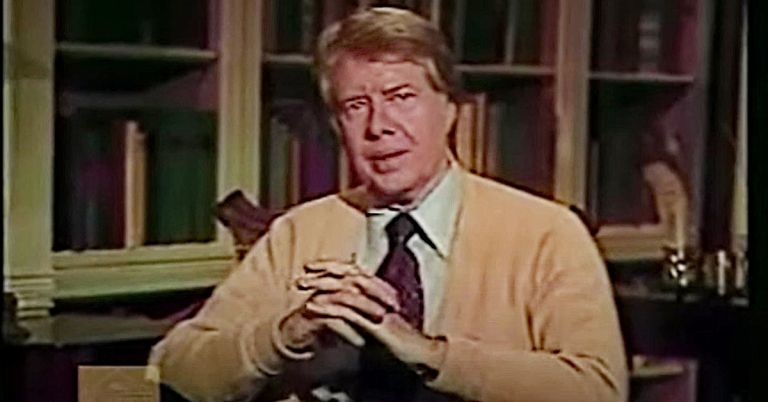
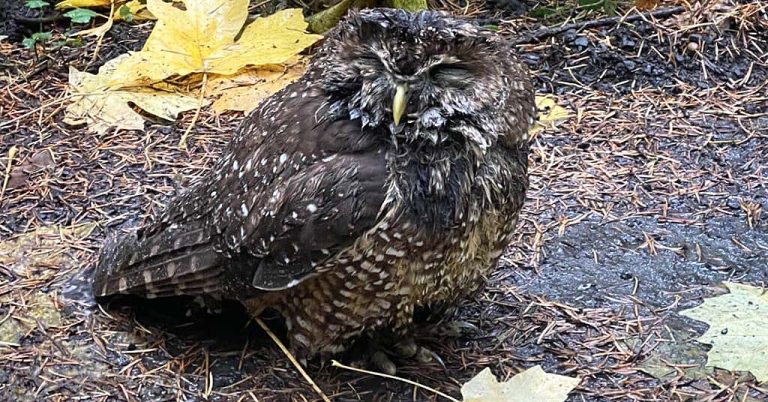


Hi Chuck, where are the biggest problem areas? I can start volunteering a couple days a week, pick up after the slobs and educate people. I’ll wear a mask and keep my distance. Let me know
Good solution of these types issues.